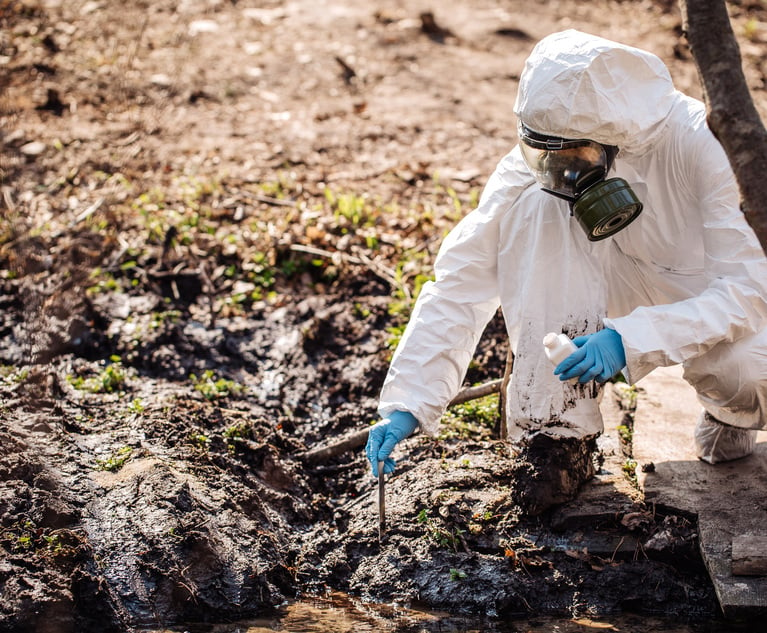The vast majority of my time practicing law in New Jersey has been dedicated to issues arising in environmental law, including environmental insurance coverage. However, I have also been involved in pursuing insurance coverage related to other subject matters, including so-called faulty workmanship insurance claims. While my desire in this article is to leap to what I see as the great “open issue” concerning faulty workmanship coverage (are clients really limited to consequential damages?), I should not do that. In order to address this “open issue” practitioners must carefully make their way through the maze to the target.
Before a practitioner will be positioned to make any of the arguments I present below, she needs to follow this path: First, file suit against the insurer in a jurisdiction in which the substantive law is in her client’s favor for coverage—for example, New Jersey, not Pennsylvania; second, bring and win a choice of law motion arguing that the substantive law of New Jersey applies to the resolution of the insurance coverage issues (follow Continental Insurance Company v. Honeywell International, 234 N.J. 23 (2018)); third, seek, as part of that complaint, to recoup her attorney fees, as a successful claimant, pursuant to N.J.Ct.R. 4:42-9(a)(6).


 Shutterstock.com
Shutterstock.com




